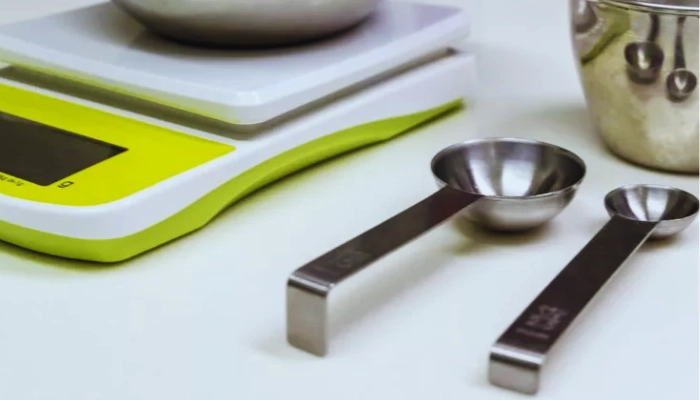
Why You Should Rethink This Common Use for Foil
Introduction to the Topic
Aluminum foil is a staple in many kitchens worldwide. It’s flexible, easy to use, and seemingly harmless. From wrapping leftovers to lining baking trays, it has earned its spot as a go-to tool for both home cooks and professional chefs. But are you using aluminum foil wisely—or unknowingly putting yourself and the environment at risk?
Let’s uncover why it might be time to rethink how we use this kitchen essential.
The Common Misuse of Aluminum Foil
Many of us rely on aluminum foil for cooking, storing, and even cleaning. But these common practices may not be as harmless as they seem:
- Cooking in the oven: Using foil to line trays or wrap food can lead to potential health risks, especially when exposed to high heat.
- Wrapping leftovers: While foil seems convenient for storing food, it may not be the safest option for all types of dishes.
- Myths about safety: There’s a widespread belief that foil is completely inert and safe, but this isn’t entirely accurate.
What Makes Aluminum Foil Problematic?
Health Concerns
Research suggests that aluminum can leach into food, especially when exposed to high heat, acidic ingredients, or spices. Over time, excessive aluminum exposure has been linked to health concerns, including:
- Neurodegenerative diseases like Alzheimer’s.
- Bone disorders due to aluminum interfering with calcium metabolism.
Environmental Impact
Aluminum foil is challenging to recycle due to food contamination. This often results in it being discarded as waste, contributing significantly to:
- Non-biodegradable landfill accumulation.
- Energy-intensive aluminum production processes.
Scientific Evidence on Aluminum Foil Risks
Studies on Aluminum and Health
Various studies have highlighted the potential risks of chronic aluminum exposure. While the human body can tolerate small amounts, continuous intake—especially through food preparation—can accumulate in tissues and organs.
High-Temperature Cooking with Foil
When exposed to heat, aluminum reacts with food, especially acidic or spicy ingredients like tomatoes or vinegar. This reaction increases the levels of aluminum in your meal, sometimes beyond the recommended dietary limits.
Practical Alternatives to Aluminum Foil
Safer Cooking Methods
- Baking paper or silicone mats: Perfect for oven use, these options are heat-resistant and non-toxic.
- Glass or stainless steel cookware: These durable options eliminate the need for disposable materials.
Eco-Friendly Food Storage
- Beeswax wraps: A sustainable and reusable option for wrapping leftovers.
- Reusable silicone bags: Airtight and long-lasting, ideal for storing food safely.
How to Use Aluminum Foil Wisely
Best Practices for Cooking
- Avoid using foil with acidic or spicy foods.
- Reduce exposure to high temperatures.
- Use foil only when absolutely necessary and ensure it’s food-grade.
Recycling Aluminum Foil
- Clean foil thoroughly before recycling.
- Check your local recycling guidelines to ensure proper disposal.
The Shift Towards Sustainable Kitchen Habits
Transitioning to greener alternatives not only minimizes health risks but also reduces environmental harm. By exploring eco-friendly options, you’re contributing to a more sustainable future while maintaining your kitchen’s functionality.
The Final Word
Aluminum foil might seem like a small, harmless convenience, but its overuse comes with hidden risks. By rethinking its application in your kitchen, you can protect your health, reduce environmental impact, and embrace sustainable practices.
FAQs
- Can aluminum foil cause health problems?
Yes, prolonged exposure to leached aluminum may pose health risks, including neurodegenerative diseases.
- Is cooking with foil safe for all types of food?
No, using foil with acidic or spicy foods can increase aluminum leaching.
- Are there eco-friendly substitutes for aluminum foil?
Absolutely! Baking paper, silicone mats, and beeswax wraps are excellent alternatives.
- How can I recycle aluminum foil properly?
Clean the foil thoroughly to remove food residue before placing it in a recycling bin. Check local guidelines for details.
- Is aluminum foil banned anywhere for health or environmental reasons?
Some regions discourage or regulate its use due to health and environmental concerns, but outright bans are rare.
This post may contain affiliate links. Please read our disclosure policy.
